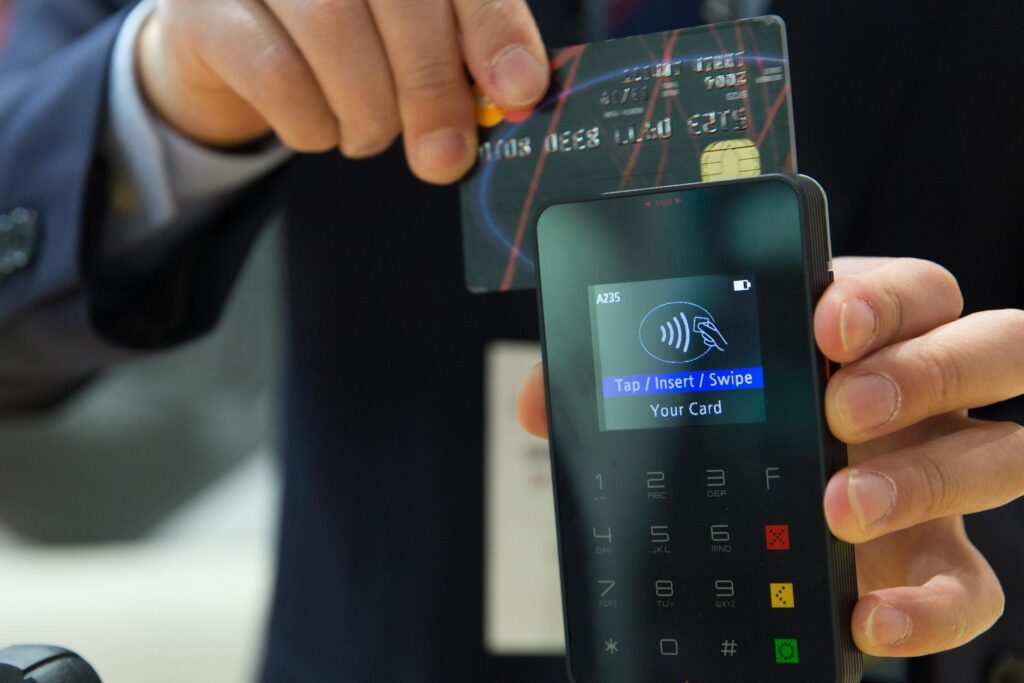For years, Monzo, a well-known digital-only bank, has warned its customers about phony messages that attempt to trick them into entering their login credentials on fake websites.

Phishing Texts
These might be emails or messages that seem authentic at first sight but are really frauds. When the latest SMS began to circulate in February, saying that consumers needed to renew their sessions or that a replacement card had been sent out, Monzo took to Twitter to alert users about them. The messages also mention that if the user did not request it, they must click the link.
The SMS texts continue to arrive two months after the Twitter warning, relying on your fear of losing the money in your account to entice you to click the link and investigate what’s going on. In fact, doing so may have the opposite effect.
If you opt to follow the link, you will most likely be asked for your account details, which the hacker might use to steal both your money and your identity.
If you get one of these emails, proceed with caution. Hackers are continually sending bogus emails that seem to be from Monzo and include a “golden link” that allows you to access your account.
Monzo Warns Customers
Monzo advises users in the following tweet that it never texts users asking them to validate their accounts or to go into any website to verify their details. Furthermore, no other bank, reputable financial institution, or retailer will ask you to do this.
The messages, like previous similar scams, range from believable to obviously obvious. Some scam artists even misspell words such as Monzo or other words.
Steps to Avoid Monzo Card Scam Text
As Monzo pointed out on Twitter, the red flags are always there and should be easy to see.
- Inquire about the sender’s identity. “Monzo” is most likely to be used by the scammers under the wrong pretense. It might be misspelled, have a full stop after it, or both. It might even be a regular cell phone number.
- Look at the link. Scammers will never redirect you to the Monzo official website. Instead, it will state “Monzo,” but it will also include terms such as “Monzo-limited” or “Monzo-replacement” in the URL. Another option scammers love is to create a new URL with Monzo attached to the end.
- Keep an eye out for mistakes. Scam messages usually include errors, such as misspelled words or phrases that should not be capitalized.
- After signing in, check your account for messages. By using the official app or visiting the official website, you may check your account for any alerts alerting you to a problem. If there are none, this is another sign that the SMS message is fake.
In addition to Monzo, the scammers target other banks. The identical letters have previously been addressed to Lloyds consumers, and there are reports that Revolut users are being targeted as well. However, regardless of whatever bank or banks you choose, you should proceed with prudence.
Remember that even if you are not a customer of the aforementioned bank, you may get similar emails. In any event, the hackers are interested in your personal information.
Get in touch with our affiliated Cryptocurrency Forensic Specialists at CNC Intelligence for free by filling out the form below.
When you comment, your name, comment, and the timestamp will be public. We also store this data, which may be used for research or content creation in accordance with our Privacy Policy. By commenting, you consent to these terms.
